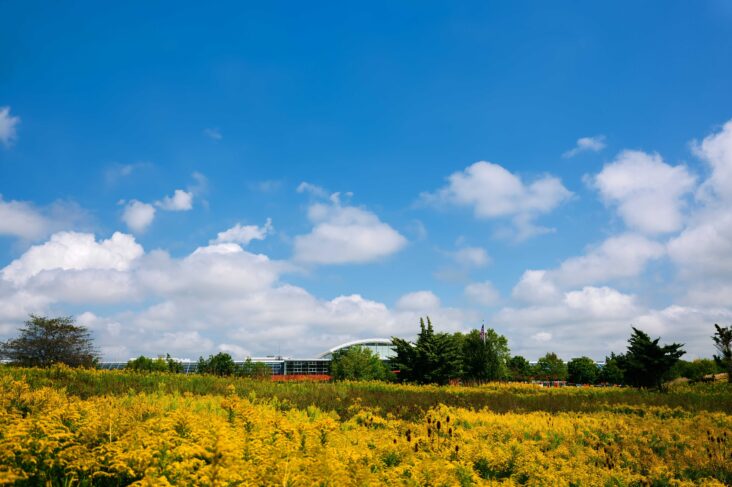MillerKnoll Unveils New Sustainability Strategy And Issues 2024 Better World Report

MillerKnoll, a global collective of dynamic design brands, has unveiled a new sustainability strategy and published its 2024 Better World Report, detailing the company’s efforts to design a better future for MillerKnoll associates, communities around the globe and the planet we share.
“Climate change is an urgent, global challenge, and at MillerKnoll, we are taking bold steps to drive change,” said Andi Owen, CEO of MillerKnoll. “Our associates are working with our partners, suppliers and customers to further improve the sustainability of our processes, products and the spaces we design. These new goals build upon our history of environmental stewardship and represent an ongoing commitment to design for the good of humankind.”
Driven by the mission to design and create the world’s best products in the most sustainable way, MillerKnoll’s sustainability strategy focuses on three key areas:
- Carbon: Design the lowest carbon footprint products and commit to achieving net-zero carbon emissions by 2050.1
- Materials: Use sustainable, 100% bio-based or recycled materials by 2050.
- Circularity: Create timeless, durable products with zero waste by 2050.
“We aim to transform how we design, manufacture, deliver and maintain furnishings. It starts the moment a design is conceived and continues even after a product has reached the end of its life,” said Sean McDowell, SVP of Innovation and Sustainability at MillerKnoll. “Our refined sustainability strategy establishes clear short- and long-term goals to drive meaningful improvements in carbon, materials and circularity across every stage of our product journey, creating lasting change.”
Commitment to Net-Zero by 2050
MillerKnoll recognises every decision has an impact on the planet – from the materials selected to the energy consumed to the logistics that bring products to market. Every step in the process contributes to the company’s carbon footprint. That’s why MillerKnoll is committed to reducing carbon emissions and focused on achieving net-zero by 2050. Through innovation, dedication and data-driven decisions, its teams are continuously improving the product creation process.
Key Initiatives to Achieve Net-Zero
- Sustainable Materials and Safe Chemistry: Prioritise natural, low-carbon and recycled materials and ensure that its products are safe for people and the environment.
- Energy and Waste Reduction: Commit to using renewable energy and minimising waste and water use across manufacturing processes.
- Smart Packaging and Logistics: Continue to reduce usage of single-use plastic packaging, including polystyrene and bubble wrap. Leverage artificial intelligence (AI) to optimise routing and load efficiency and transition fleet to use more biofuel and electric energy, further reducing emissions from transportation.
- Supply Chain Collaboration: Engage Tier 1 and Tier 2 suppliers to reduce waste and drive efficiency.
- Global Take-Back Programme: Reclaim and responsibly resell, restore, refurbish or recycle its furniture, no matter its condition.
To demonstrate tangible progress against this new strategy, the company has set the following short-term goals:
- Eliminate added per- and poly- fluoroalkyl substances (“PFAS”) in North America by FY2025 and globally by FY2027.
- Transition to 100% renewable electricity by FY2026.
- Develop specific action plans for the top five commodities to increase material utilisation and efficiency by FY2026.
- Establish logistics carbon baselines and set reduction goals by FY2026.
- Increase furniture waste diverted from landfills to 10 million pounds (approximately 4.5 million kg) by FY2027.
- Establish carbon baselines and set reduction goals for its top 25 suppliers by FY2027.
- Publish the carbon footprint for the company’s top 100 products each year and new products by FY2028.
- Achieve a 25% reduction in the carbon footprint of top 100 products by FY2030.
- Exceed 75% recycled content in top 100 textiles by FY2030.
- Achieve 90% sustainably harvested, ethically sourced natural materials by FY2030.
- Achieve zero landfill for the top five manufacturing sites by FY2030.
- Eliminate single-use plastic packaging for MillerKnoll manufacturing sites by FY2030.



